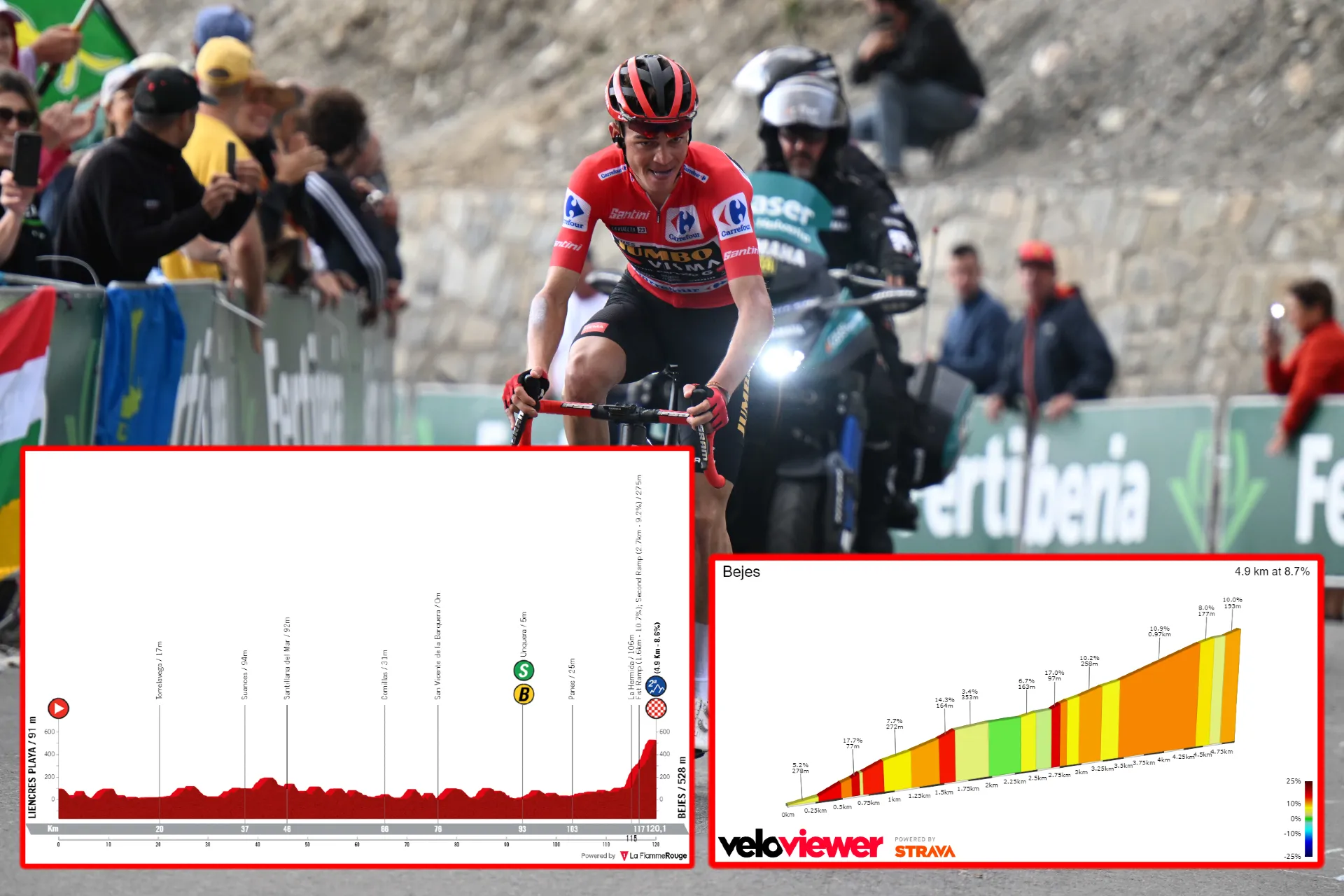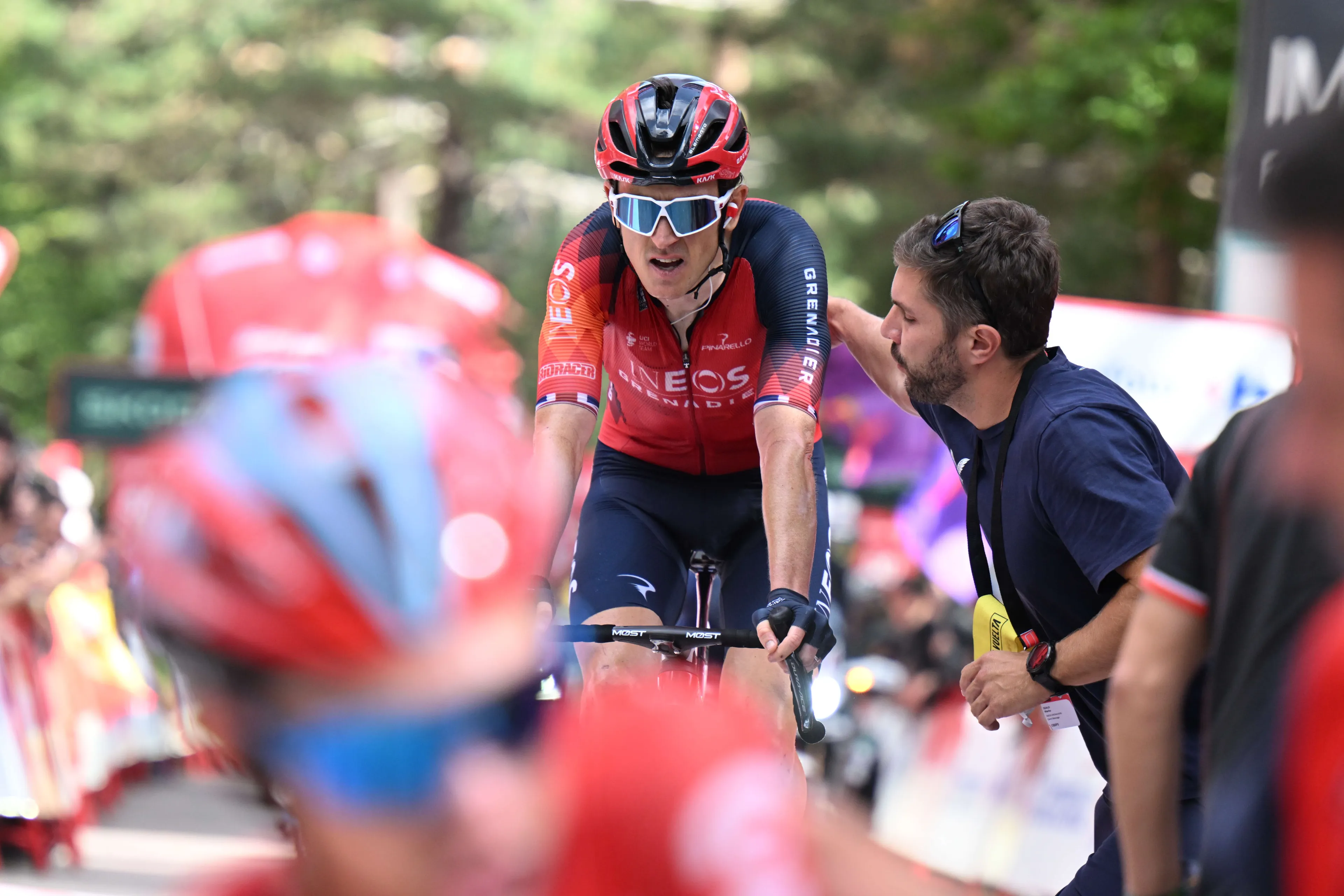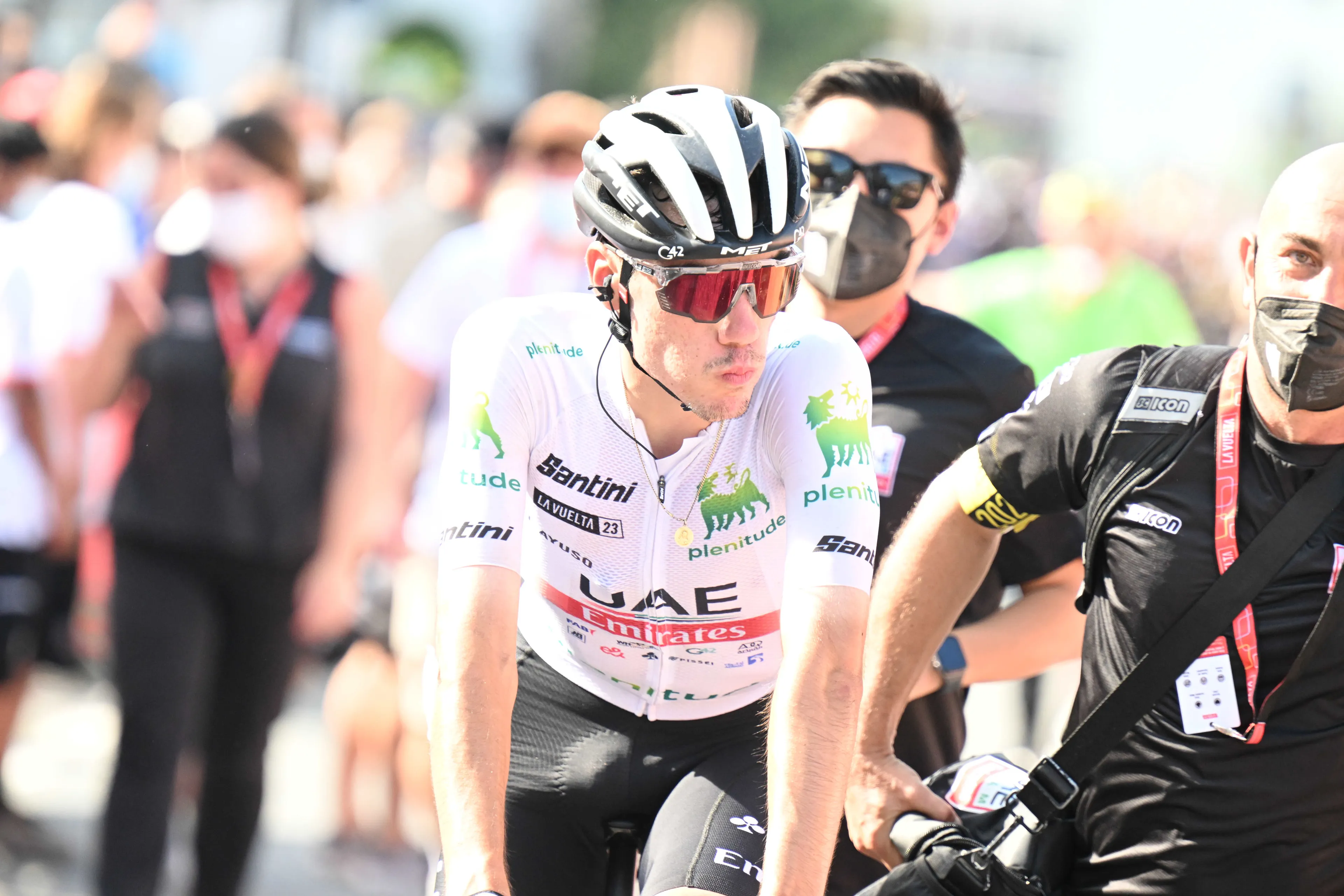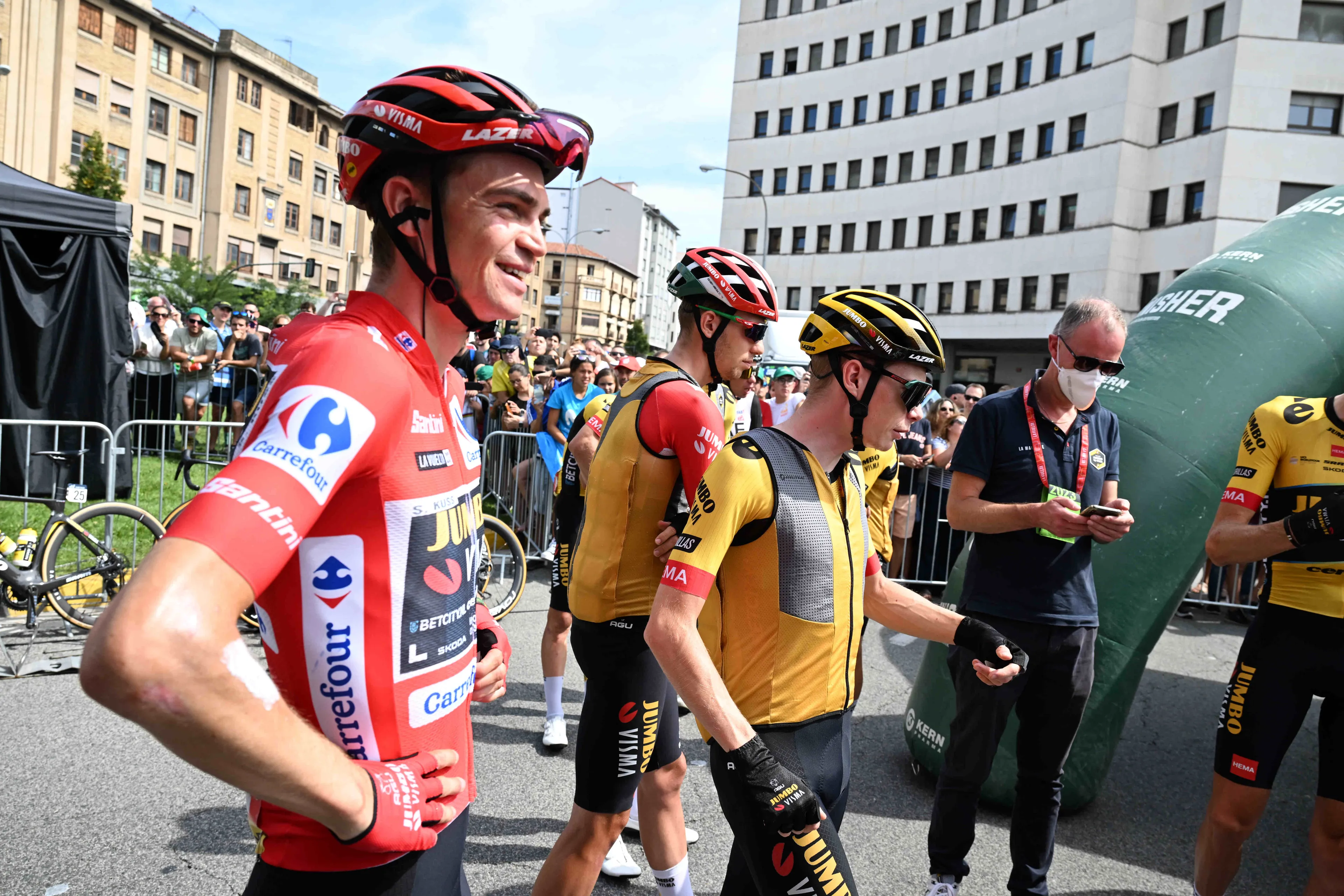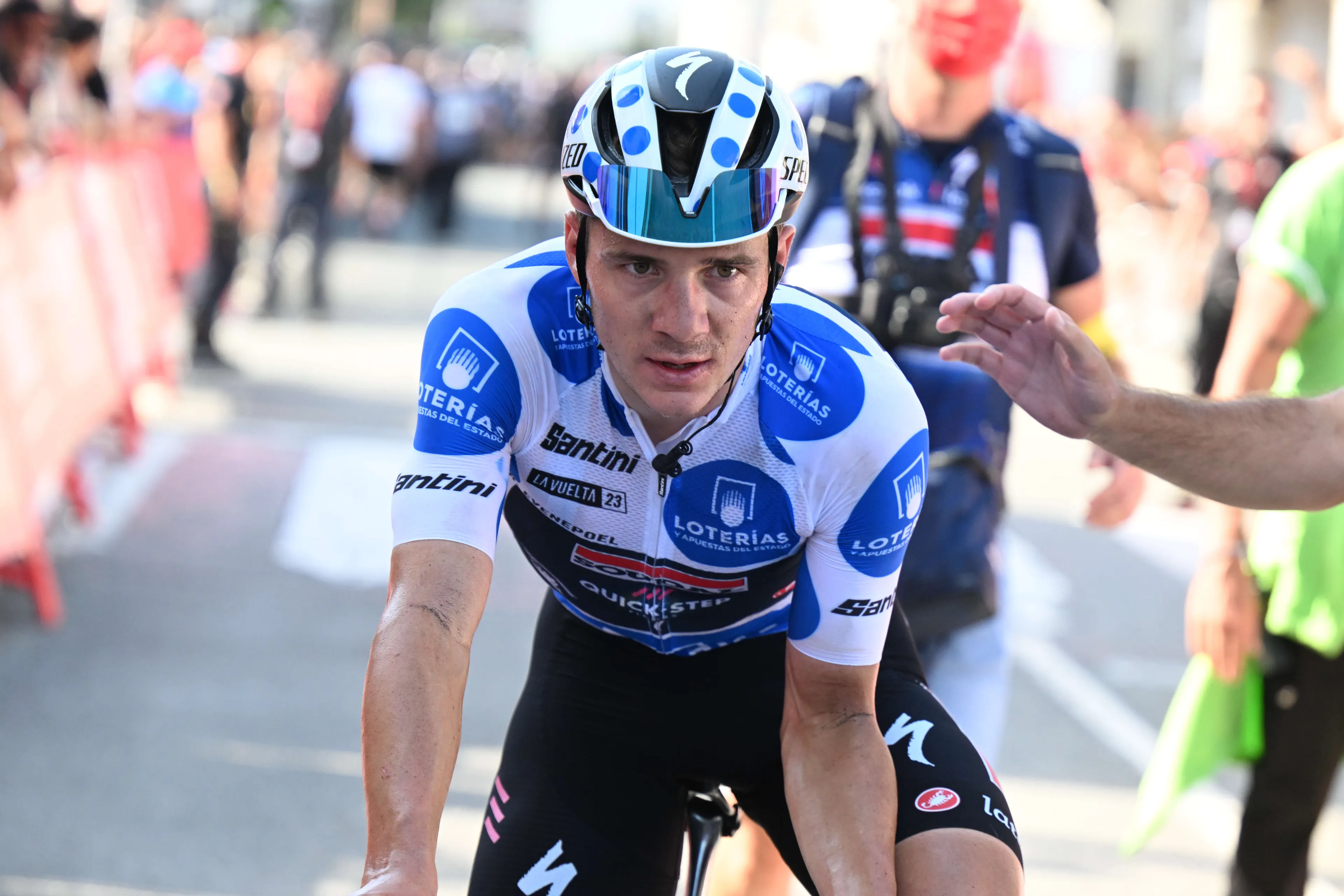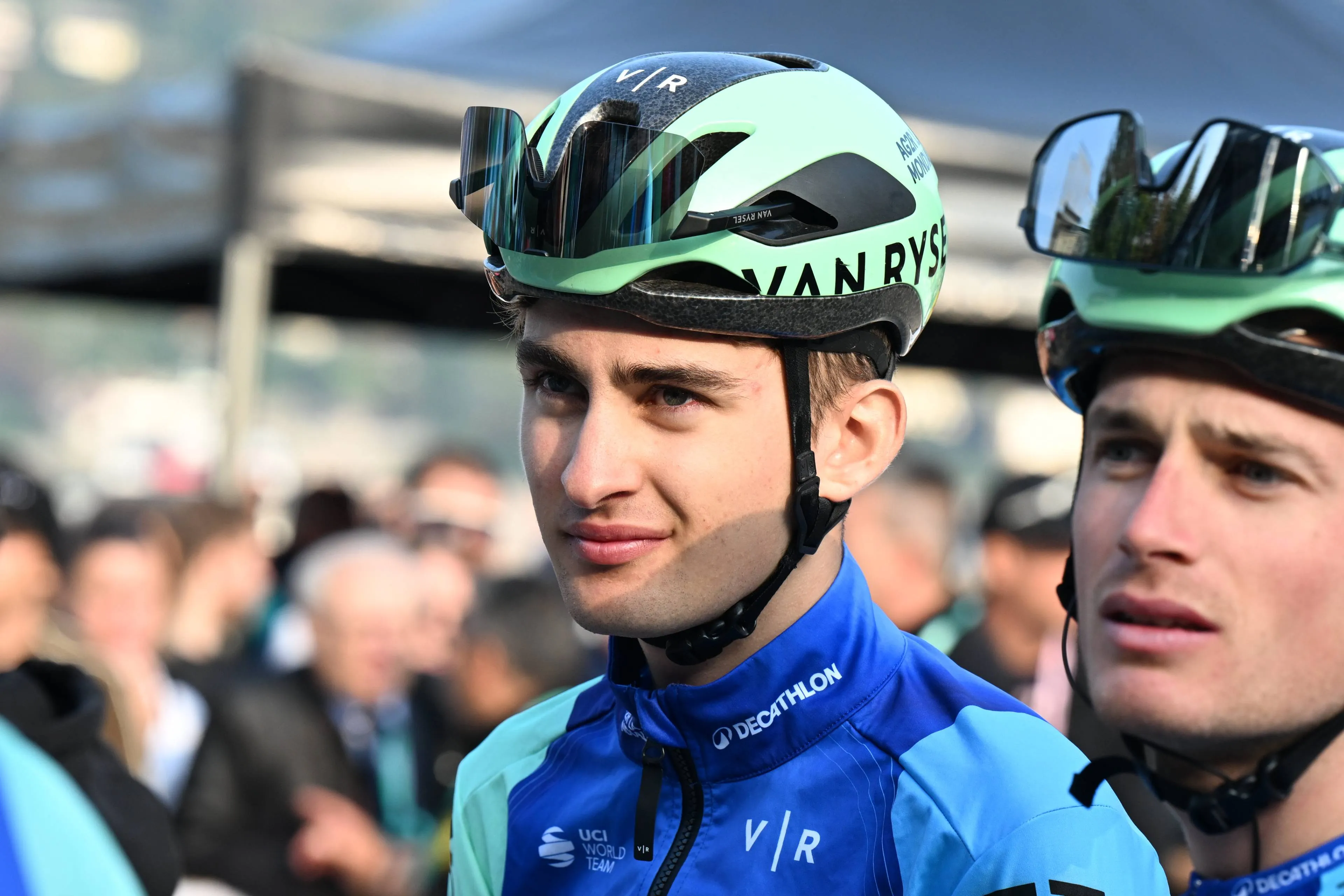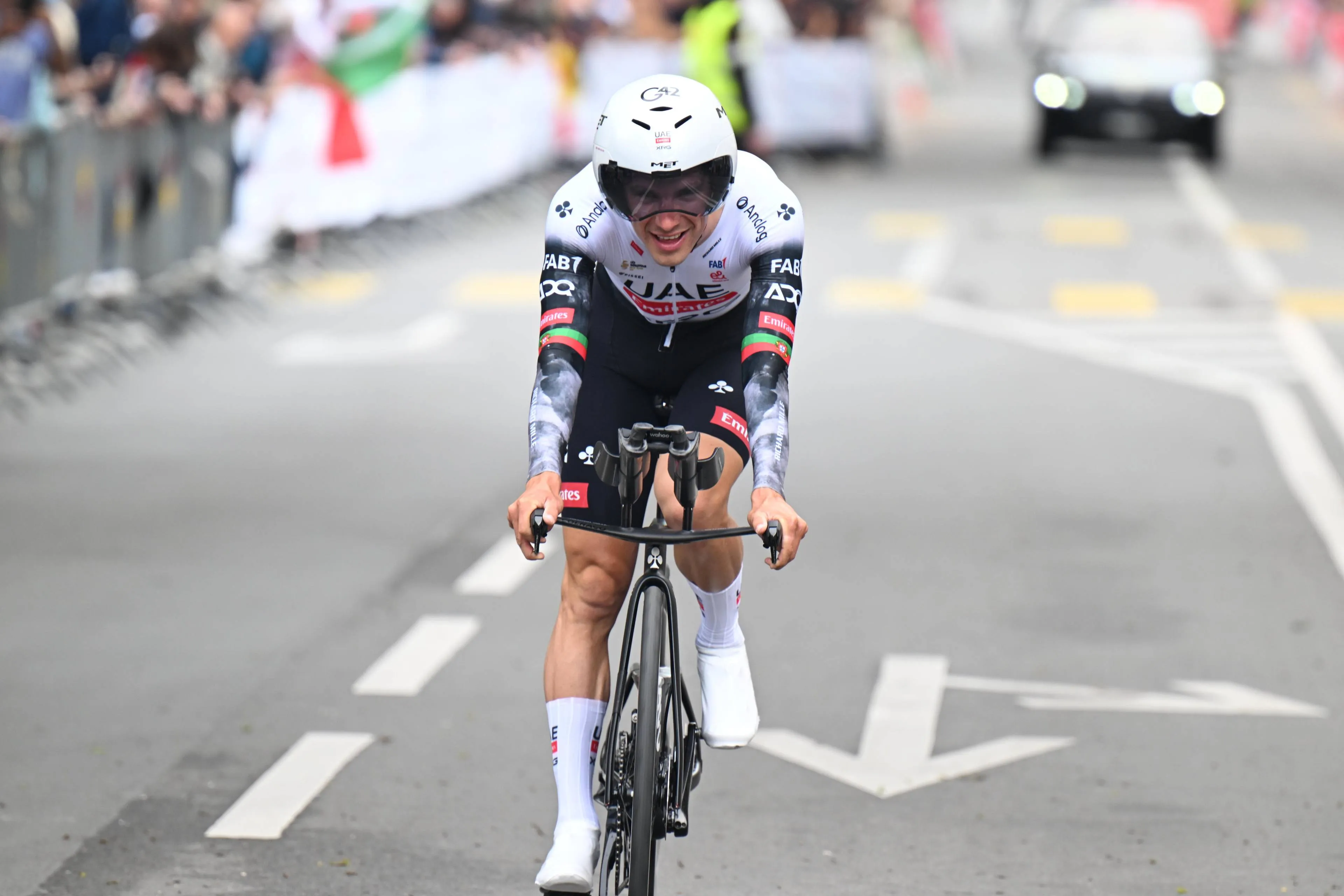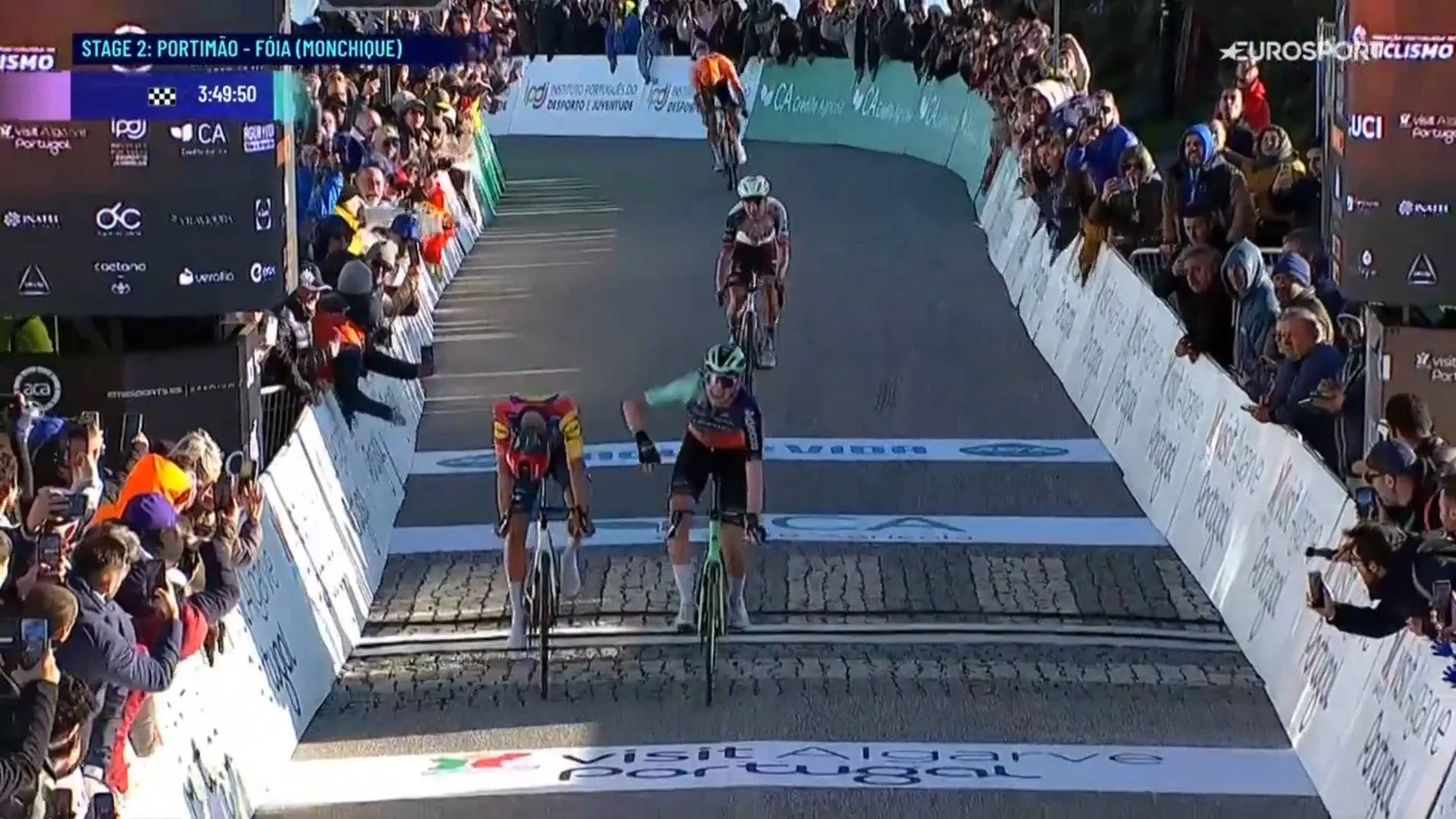Johan Bruyneel charges Quick-Step after Remco's failed breakaway: "You have to control the rider and only let him out of the cage when it matters"
CyclingMonday, 11 September 2023 at 18:14
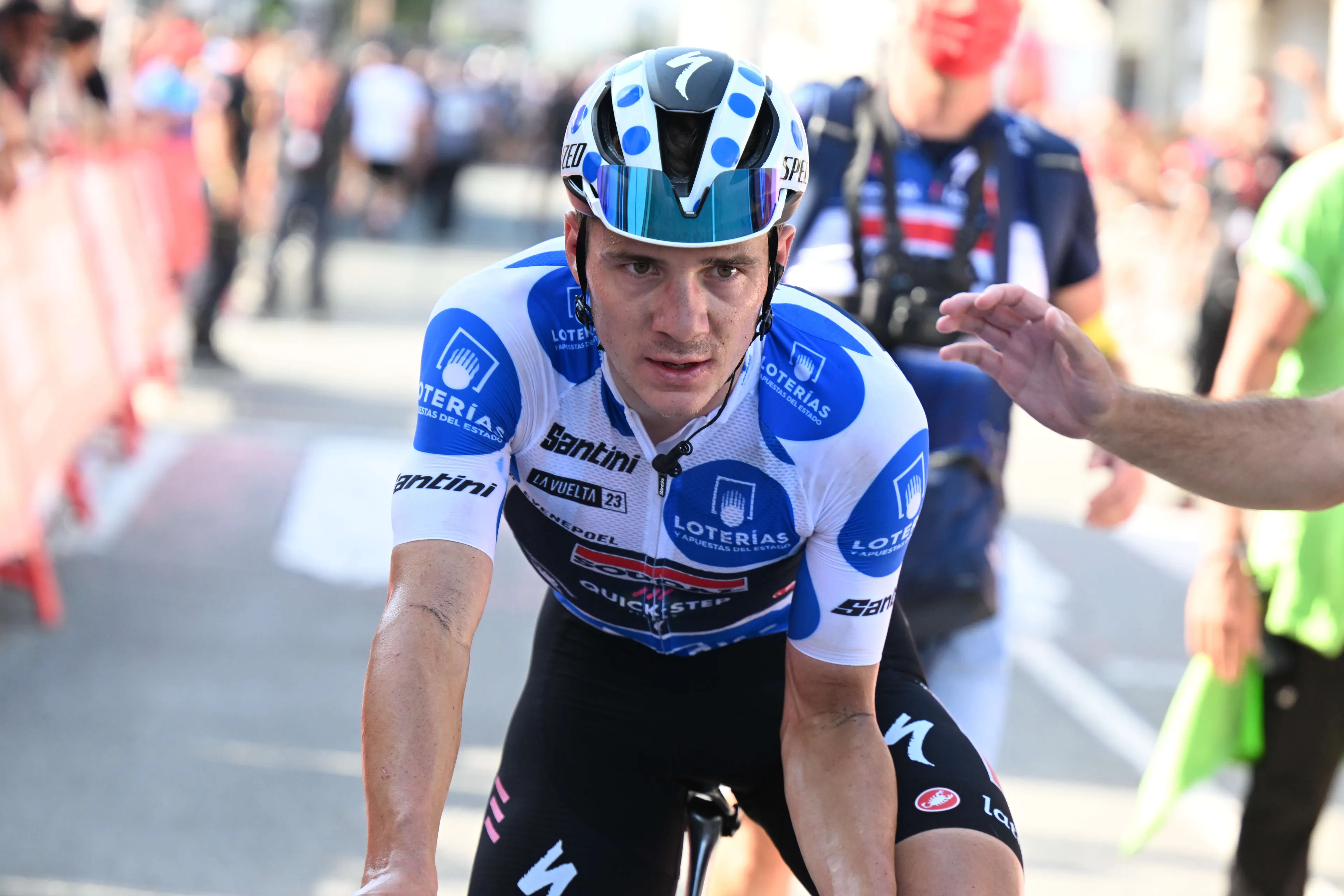
Johan Bruyneel commented on Lance Armstrong's 'The Move' podcast about the final stage of the Vuelta a España in which Remco Evenepoel, for the second day in a row after his Tourmalet day collapse, tried to get the win by escaping. Although he managed to win on Saturday, on Sunday on the way to Lekunberri he spent too much energy and could only finish fourth.
Read also
The former US Postal sport director did not understand that for the second consecutive day the Soudal Quick-Step rider escaped:
"It was a good idea to break away on Saturday, when the climbs were hard and he knew he could leave anyone to go with him, but today (yesterday) I think it wasn't a good idea because the stage was much less hard, not easier, but less hard, and you have to think that after the effort of the day before he had to feel the fatigue, he's not a robot, he's not Superman, so for me he thought he could do the same, but cycling at this level doesn't work like that, not even if your name is Remco Evenepoel, so I think it was a mistake to get in the breakaway."
Read also
He explains the reason why it was a mistake for him for Remco to get back into the leak: "It was clear that there were going to be other riders of great quality that I wasn't going to be able to leave on the last climb, with gradients of five and six percent."
"Plus the accumulated fatigue, knowing that you have to do most of the work in the breakaway, there weren't one or two riders with him, there were seven or eight with him, and if you look at riders like Rui Costa or Lennard Kämna, those kind of riders are in a breakaway to win, they're not in it to be, I think it wasn't a smart move.
Read also
Discusses the importance of the team in decision making: "I don't want to say that he was erring on the side of naivety, but I don't know if he's the one making the decisions to do one thing or another, that it's something that's not going to work every day."
"So for me it's important to know the advice he's getting from the staff from the car during the race is good. With the big riders the big role of the directeur sportif is to think about the team and the next stages and try to keep the rider in check and only let him out of his cage when it matters and I think that's not the case with Soudal Quick-Step and Remco."
Read also
claps 5visitors 3
Just in
Popular news
Latest comments
- Yes, the guy is no fluke. Even if he fails to improve over the next 15 years he’ll do damage. That young blood is going to keep the establishment working hard.Mistermaumau19-02-2026
- This excuse is harmless, just quaint and amusing. The excuse I really disliked was when he accused a mechanic of improperly adjusting his saddle, endangering the mechanic's job: blaming others for your own limitations is a serious matter.
 maria2024202419-02-2026
maria2024202419-02-2026 - ok so this is impressive - I trashed this guy all winter, get a pro win before the anointing. against a quality field. And Onley and Riccitello look good too. fun to see young blood.mij19-02-2026
- Minor flaws.... thats like suggesting Genghis Khan was a bit aggressive with other countriesslappers6619-02-2026
- Then you carry on if that's what makes you happyslappers6619-02-2026
- Fabio cannot catch a break.mij19-02-2026
- OK, today is the "air conditioner"... yesterday was a cramp... on saturday a bee will sting him in his tongue... his tongue will swell up and mustafa gets no oxygen. Because of his swollen tongue, Remco won't be able to give us a new excuse. Remco and the spanish rat Ayuso should be on the same team. They both have a ton of excuses and both of them are liars. Ad acta.Mou-Cro-HR19-02-2026
- Florian Lipowitz is secretly happy
 Rafionain-Glas19-02-2026
Rafionain-Glas19-02-2026 - The crucial thing to remember is that Remco was broken by the pace of Gall and Tiberi, not Del Toro's. Remco's excessive antics are because he doesn't want anyone to think that he's 'genuinely' struggling. You can always say 'he got cramps' because 'his preparation didn't go to plan', but the thing is that there is a limit to the number of excuses and exceptions that there can be. Eventually everyone just accepts that he's reached his ceiling on the climbs.
 Rafionain-Glas19-02-2026
Rafionain-Glas19-02-2026 - Bahraini suspicious..Santiago19-02-2026
Loading
1 Comments
